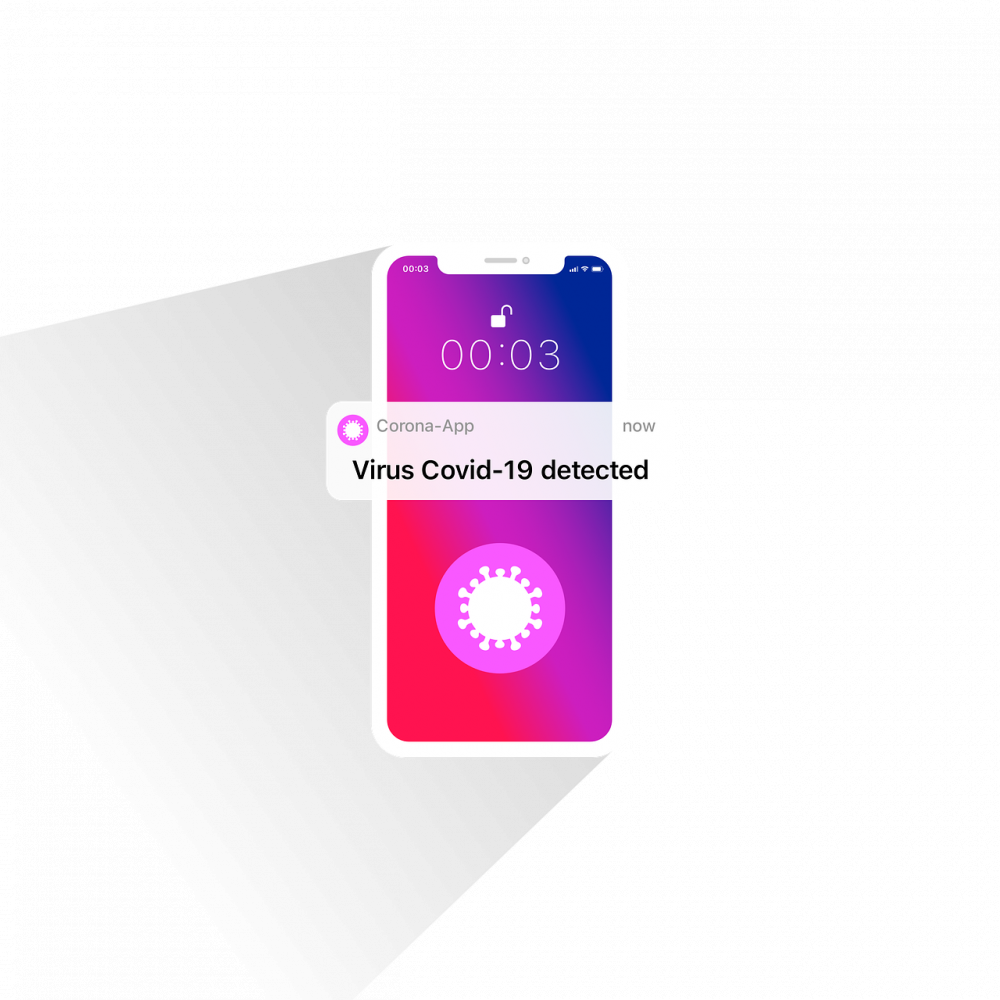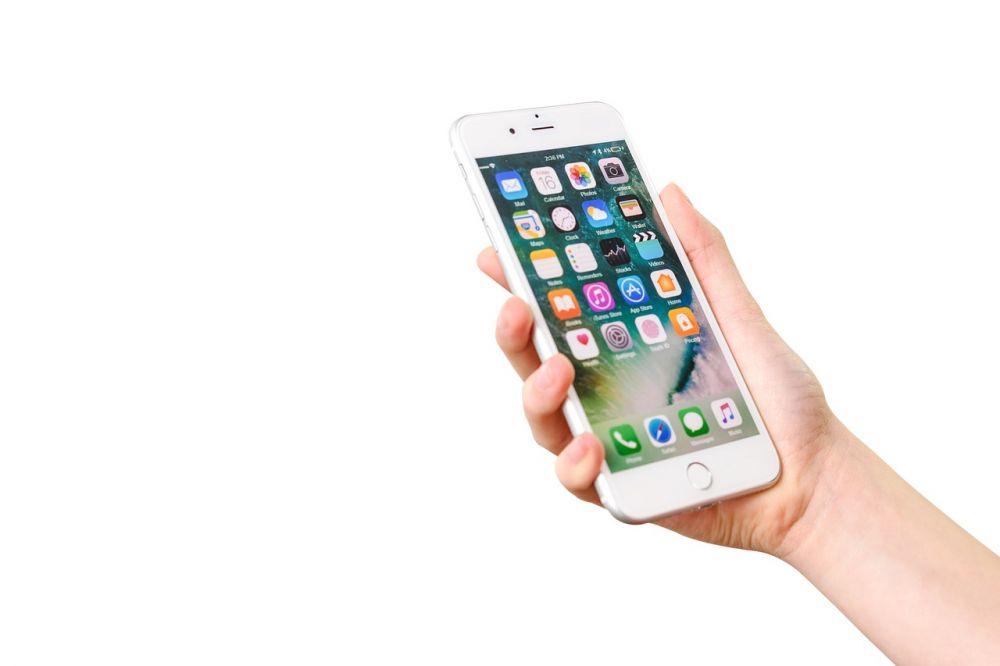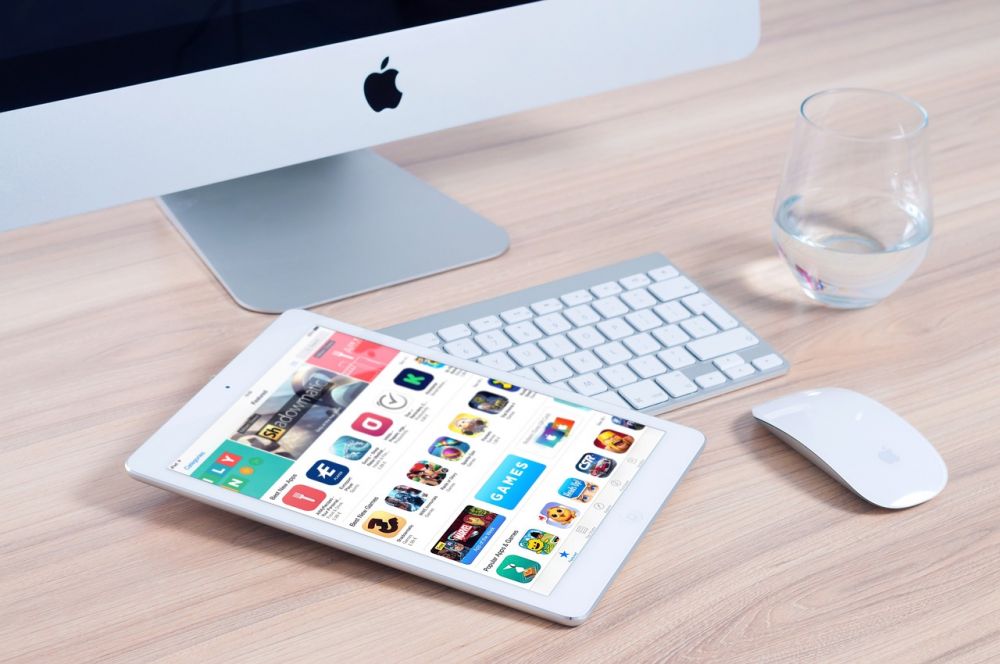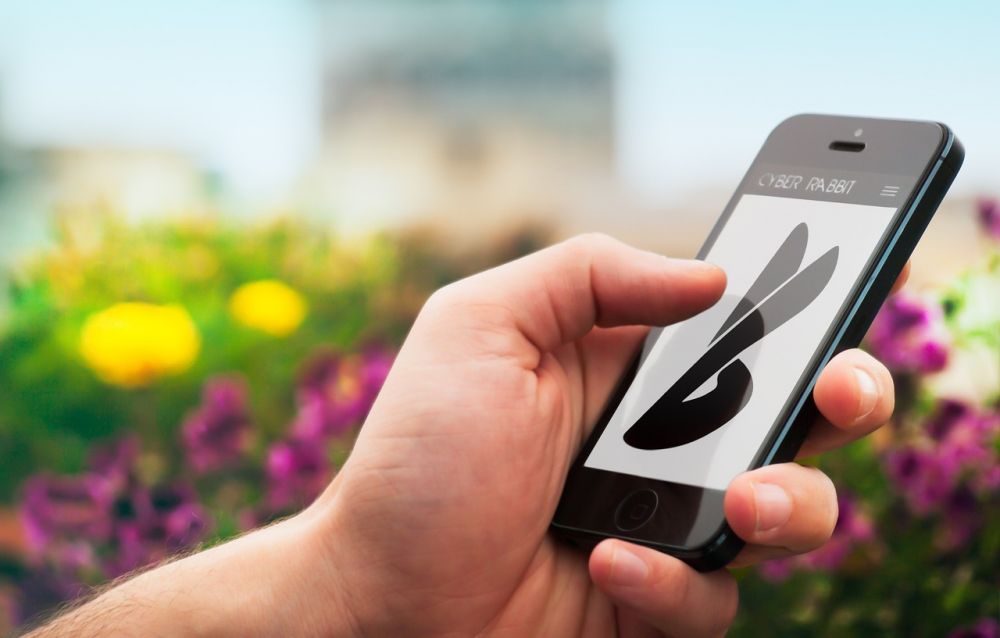Budget App: Simplifying Personal Finance Management

Introduction:
Budgeting is an integral part of personal finance management. It helps individuals track their income and expenses, understand their spending patterns, and make informed financial decisions. In today’s digital world, budgeting has become easier and more efficient with the advent of budget apps. These smartphone applications provide users with a convenient way to manage their finances on the go. In this article, we will delve into the world of budget apps, exploring their features, benefits, and evolution over time.
What is a Budget App?
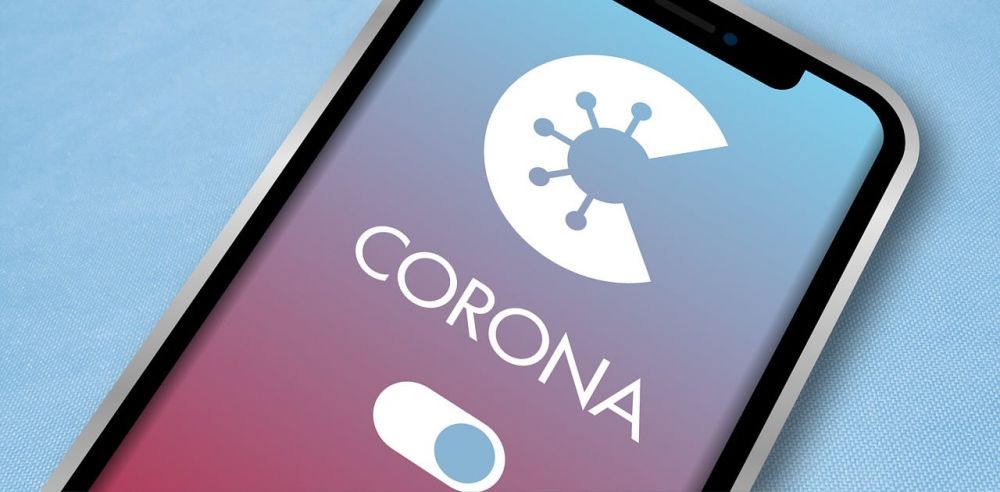
A budget app is a software application designed to assist individuals in managing their financial resources effectively. It allows users to track their income, expenses, savings, and investment goals in one place. These apps typically offer features such as expense categorization, bill reminders, goal setting, and budget forecasting. Additionally, some budget apps can sync with bank accounts and credit cards, providing real-time updates on financial transactions.
Key Features and Benefits of Budget Apps:
1. Expense Tracking: One of the essential features of a budget app is its ability to track expenses automatically. Users can link their bank accounts or credit cards to the app, enabling it to analyze transactions and classify them into various expense categories. By having a comprehensive overview of their spending habits, individuals can identify areas where they overspend and make necessary adjustments.
2. Budgeting Tools: Budget apps offer tools that allow users to create and track their budget plans effectively. These tools provide insights into income, fixed expenses, flexible expenses, and savings. Users can set spending limits for different categories and receive notifications when they approach or exceed their set limits. This feature helps individuals stay disciplined and make conscious spending decisions.
3. Goal Setting and Financial Planning: Many budget apps enable users to set financial goals, such as saving for a down payment on a house or paying off debts. These apps offer visual representations of progress toward goals and provide actionable steps to achieve them. By having clear objectives and a roadmap, individuals can stay motivated and focused on their long-term financial aspirations.
4. Bill Reminders: Budget apps can also serve as personal assistants by providing bill reminders. Users can input their recurring expenses such as rent, utilities, and subscriptions into the app, which will then send timely notifications to ensure payments are made on time. This feature helps avoid late fees and keeps users in good financial standing.
Evolution of Budget Apps:
Budget apps have come a long way since their inception. Initially, budgeting relied on manual record-keeping through physical ledgers and spreadsheets. However, as technology advanced, standalone budgeting software emerged. These early applications had limited functionality and were primarily desktop-based.
With the rise of smartphones, budgeting software transitioned into apps, providing users with a more accessible and portable solution. The integration of cloud technology allowed for real-time syncing and data backups, ensuring users’ financial information remained secure. Additionally, the emergence of open banking APIs facilitated seamless integration with bank accounts, enabling automatic expense tracking and transaction categorization.
Today, budget apps offer advanced features such as data visualization, customizable reports, and machine learning algorithms. These enhancements provide users with a more comprehensive understanding of their finances, helping them make data-driven decisions. Furthermore, budget apps now support multiple currencies and languages, making them accessible to a global audience.
Featured Snippet-friendly Structure:
To increase the likelihood of our article being chosen as a featured snippet on a Google search, we will structure the text as follows:
1. Tag:
2. Introduction
– Definition and importance of budgeting
– Role of budget apps in personal finance management
– Benefits of using budget apps
2. Key Features and Benefits of Budget Apps
– Expense Tracking
– Automated expense categorization
– Identifying and adjusting spending patterns
– Budgeting Tools
– Creating and tracking budget plans
– Setting spending limits and notifications
– Goal Setting and Financial Planning
– Visualizing progress toward financial goals
– Providing actionable steps to achieve goals
– Bill Reminders
– Timely notifications for bill payments
– Avoiding late fees and maintaining good financial standing
3. Evolution of Budget Apps
– Early budgeting methods: physical ledgers and spreadsheets
– Transition to desktop-based budgeting software
– Advent of smartphone apps and cloud technology
– Integration with bank accounts and API advancements
– Current advanced features and global accessibility
Conclusion:
Budget apps have revolutionized personal finance management, simplifying the process for individuals worldwide. With features such as expense tracking, budgeting tools, goal setting, and bill reminders, budget apps empower users to take control of their financial well-being. As technology continues to evolve, budget apps will likely become even more sophisticated, offering users greater insights and flexibility. Embracing these apps is a crucial step toward achieving financial stability and making informed financial decisions.
